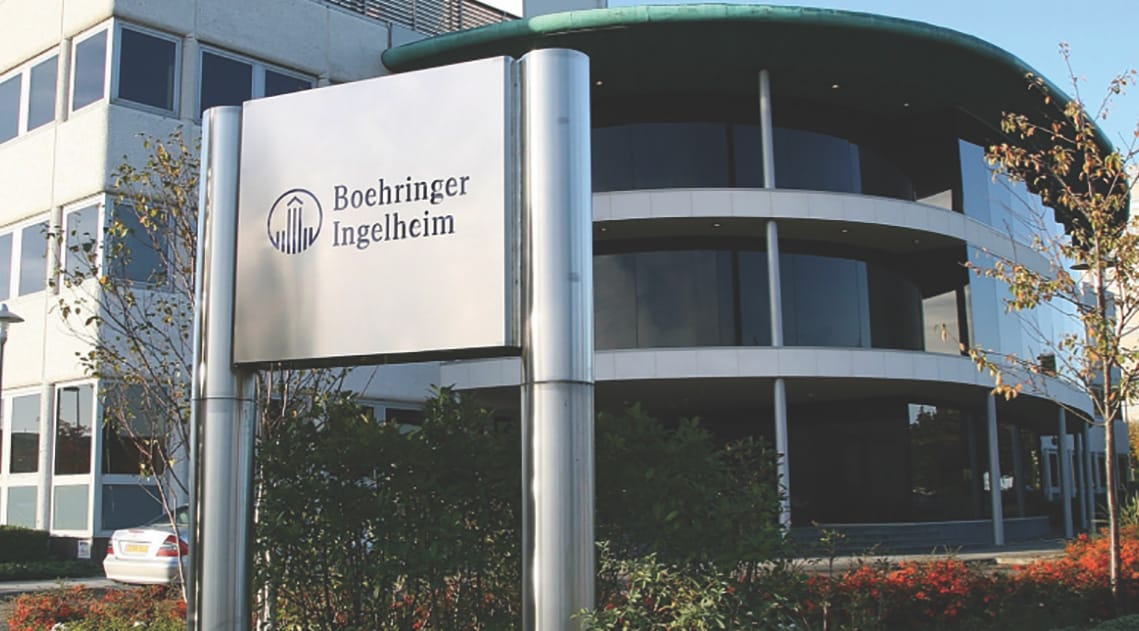
Boehringer Ingelheim’s Spevigo (spesolimab) has been approved by the European Commission (EC) as a treatment for adult patients with generalised pustular psoriasis flares (GPP), the company announced.
The EC’s conditional marketing authorisation of Spevigo is based on results from the pivotal EFFISAYIL 1 phase 2 clinical trial in which patients experiencing a GPP flare, most of which had a moderate-to-severe pustulation of the skin, were treated with Spevigo or placebo.
After one week, 54% of patients treated with a single dose of Spevigo showed no visible pustules, compared to 6% of patients in the placebo group, while after 12 weeks, more than four out of five Spevigo-treated patients had no visible pustules and clear/almost clear skin.
In terms of safety, adverse events were reported in 66% of patients treated with Spevigo and 56% of those receiving placebo after one week, with infections reported by 17% and 6% of patients in the Spevigo and placebo groups, respectively.
GPP is a rare, heterogenous and potentially life-threatening neutrophilic skin disease, which is clinically distinct from plaque psoriasis. GPP is caused by neutrophils – a type of white blood cell – accumulating in the skin, causing painful, sterile pustules all over the body.
Despite the varying severity of GPP flares, if left untreated they can be life-threatening due to complications such as sepsis and multisystem organ failure, and the unpredictability and severity of these flares greatly affects quality of life.
Boehringer Ingelheim reported that there is a ‘high unmet need’ for treatments with an acceptable safety profile that can rapidly resolve the symptoms of GPP flares and prevent their reoccurrence.
Spevigo is a novel, humanised, selective antibody that blocks the activation of the interleukin-36 receptor, a signalling pathway within the immune system shown to be involved in the pathogenesis of several autoinflammatory diseases, including GPP.
The antibody, which is already approved in the US and Japan for the treatment of GPP, is also under investigation for the prevention of GPP flares and for the treatment of other neutrophilic skin diseases.
Commenting on the latest approval, Carinne Brouillon, member of the board of managing directors, responsible for human pharma at Boehringer Ingelheim, said: “We are delighted to be able to bring this much needed treatment to patients with GPP, whose options were incredibly limited until this year.
“This approval marks another significant milestone in the continued development of [Spevigo] in neutrophilic skin diseases, which we are investigating in further clinical trials.”




